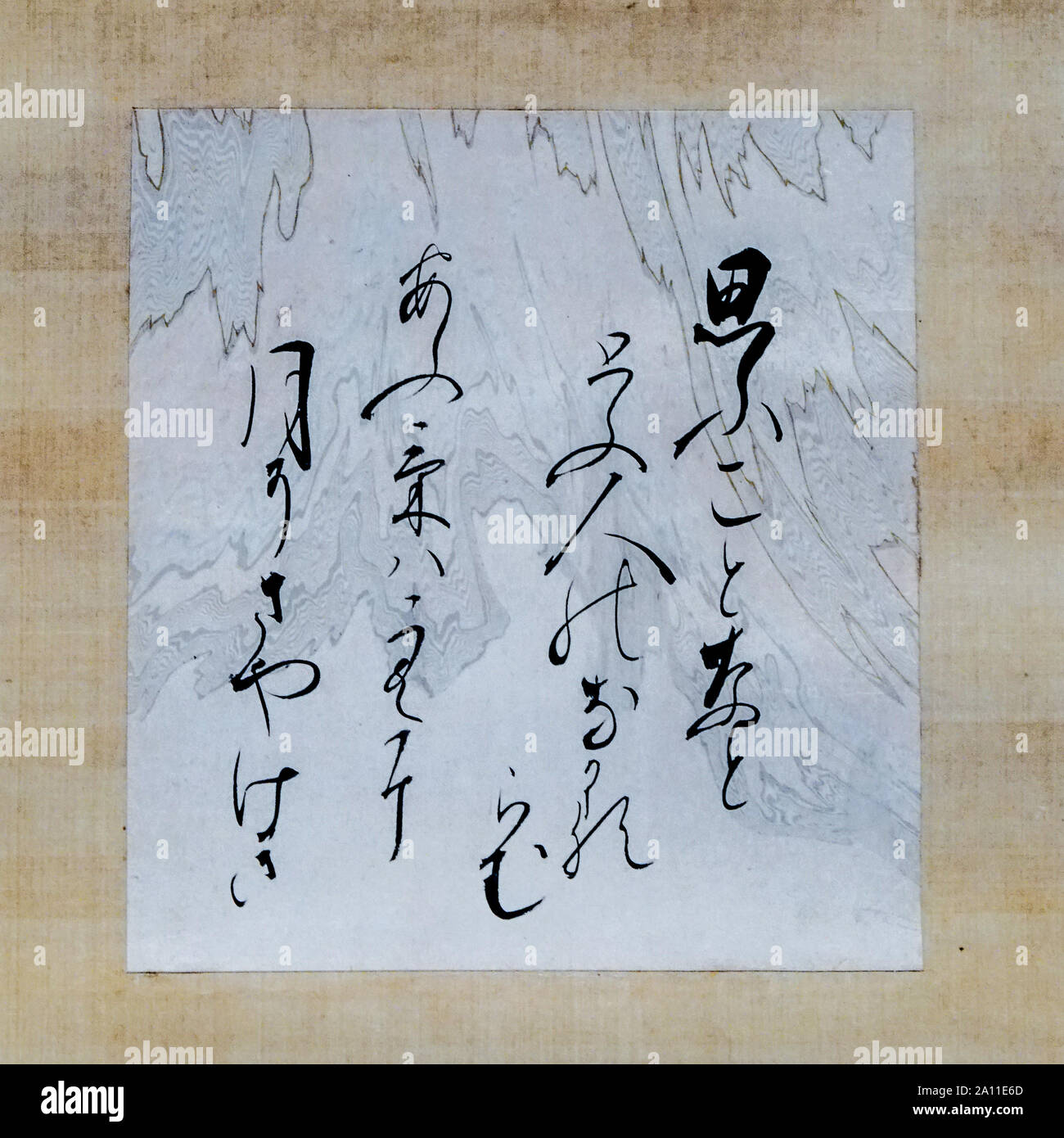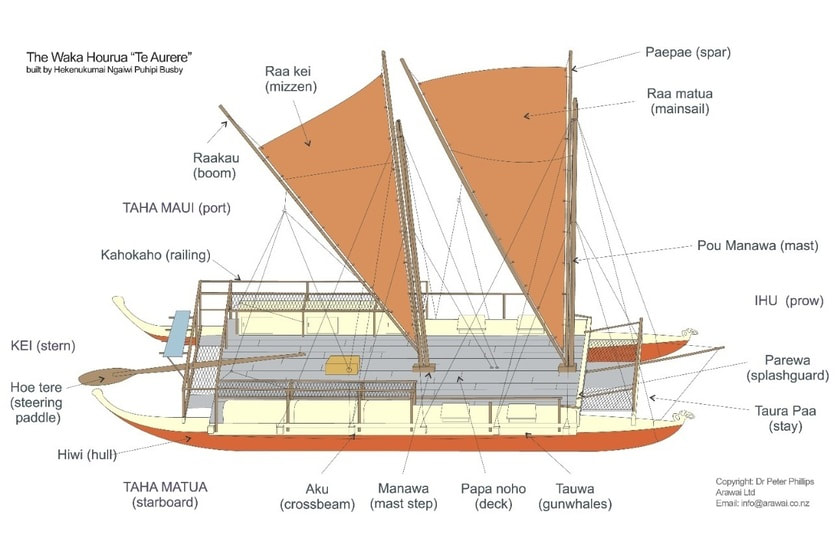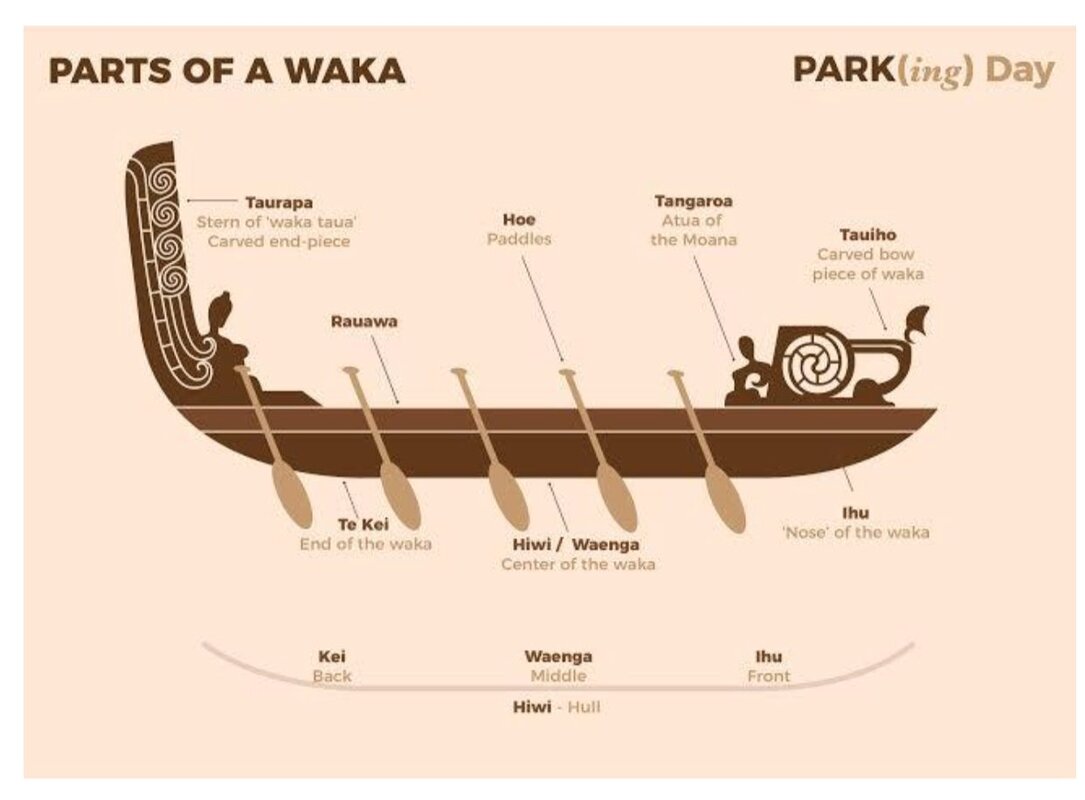Unveiling "Waka": Meanings & Origins - Poetry, Slang & More
Can a single word encapsulate the essence of a culture, navigate the complexities of language, and transcend geographical boundaries? "Waka," a word rich in meaning and history, serves as a fascinating case study, revealing diverse interpretations across cultures and linguistic landscapes.
From the refined elegance of Japanese poetry to the vibrant street slang of Nigeria, "waka" offers a glimpse into the multifaceted nature of language and its ability to adapt and evolve. The term itself is a testament to the dynamic interplay between words and their contexts, and a journey through the various meanings of waka offers a rich exploration of different cultures and linguistic traditions.
Here's a breakdown of some of the varied meanings associated with the word "waka":
- Raspberry Pi Ssh Setup Guide Access Secure Your Pi
- Free Raspberry Pi Remote Access Management Control From Anywhere
| Context | Meaning | Origin/Usage | Examples |
|---|---|---|---|
| Japanese Poetry | Japanese poem | Classical Japanese literature | Tanka, Chka, Sedka |
| Mori | Canoe, Vehicle, Spirit Medium | Mori Language and Culture | Waka Taua (war canoe) |
| Nigerian Pidgin | Walk, Travel, Move | Nigerian Pidgin English | "E don waka go" (He has left/traveled). |
| Nigerian Slang (Urban Dictionary) | An Abusive Gesture | Nigerian Street Language | Used as a derogatory term, similar to an insult. |
| Swahili | Blaze, Burn brightly, Shine | Swahili Language | Waka Waka, meaning "shine" or "burn brightly" |
| General | Movement, Doing something | Pidgin, General | "Waka waka" can mean "walk while working" |
In the realm of Japanese poetry, "waka" is a venerable term, a testament to the enduring power of artistic expression. Dating back to the 6th century, waka is the broad term that encompasses various forms, including the celebrated tanka, which is often referred to as "short poem." These poems, initially penned by the court nobles during the Heian period, were not merely artistic endeavors but also vital conduits for communication. A carefully crafted waka could convey messages of love, family prosperity, or the beauty of the changing seasons.
The most prevalent subjects within traditional waka poems are the four seasons, wishes for longevity and familial well-being, travel, and romance. The act of gifting a waka was an elegant method of expressing affection, and mastering the art of waka was a crucial element of romantic education during the Heian period. The ability to compose waka, particularly improvising beginnings and endings, was a skill highly prized among the nobility. Famous writers like Lady Murasaki Shikibu, who wrote a significant portion of her work at the end of the 10th century, left an undeniable mark on waka poetry.
Conversely, when venturing into the linguistic landscape of Nigeria, "waka" assumes an entirely different character. Here, the word thrives as a versatile piece of slang, primarily in Nigerian Pidgin English, a vibrant language that is a melting pot of diverse influences. In this context, "waka" translates to "walk" or "travel." It can also indicate movement in a broader sense. The repetition of the word, "waka waka," is used to describe aimless wandering.
- Donny Osmond Family News Waynes Death Future Plans Latest
- Barbara Bush Craig Coyne Latest News Updates
The usage of "waka" in Nigerian Pidgin is not limited to the simple act of walking. Depending on the context and delivery, "waka" can also be used to reference a collective item or group of things. Furthermore, according to the Urban Dictionary, in some Nigerian dialects, "waka" has evolved into a term for an abusive gesture, akin to the Western "middle finger." The word's flexibility in Nigerian street slang demonstrates how language can adapt to cultural trends and the needs of its speakers.
The meaning of waka is as complex and varied as its cultural origins. The word's versatility is demonstrated by its use in songs and anthems, such as the globally popular "Waka Waka (This Time for Africa)." The Swahili meaning of "waka waka" to "blaze" or "shine" ties in perfectly with the song's message of resilience, hope, and triumph. The song, which was used as the official song of the 2010 FIFA World Cup, represents a reminder of Africa's rich cultural heritage.
The lyrics, Youre a good soldier / Choosing your battles / Pick yourself up / And dust yourself off / And back in the saddle, encourage listeners to embrace challenges. This interpretation emphasizes the significance of perseverance and the ability to rise in the face of adversity. The song is infused with universal themes of hope and resilience.
The origins of "Waka Waka (This Time for Africa)" can be traced to a 1986 Cameroonian song by the band Golden Sounds, either titled "Tsamina" or "Zangalewa." The incorporation of African cultural elements and the propagation of universal messages through the song contributed to its worldwide appeal. This is a testament to the fact that culture and the ability to inspire can originate from Africa.
In New Zealand, the Mori language provides another facet to the word "waka." Here, "waka" refers to a canoe, a vital means of transport and a symbol of cultural significance for the Mori people. Furthermore, "waka" may take on the meaning of "vehicle" or "spirit medium," depending on the context. Waka taua, or war canoes, provide a striking example of the word's usage. These large canoes, often manned by dozens of paddlers, are significant representations of Mori culture and history.
The Oxford English Dictionary provides a comprehensive overview of the word "waka," outlining its various meanings, etymology, and pronunciation. In the context of Japanese poetry, the term is defined as various verse forms alternating lines of five and seven morae, with the final line containing seven morae, most notably tanka. When looking at the Maori language, the word waka can mean canoe, vehicle or spirit medium.
The evolution and diverse meanings of "waka" are fascinating, a testament to the adaptability of language. It highlights how a single word can encompass a variety of cultural values, historical practices, and artistic expression. The next time you hear "waka", consider the multitude of meanings that lie beneath the surface. It is a journey into the diverse and evolving world of language itself.



Detail Author:
- Name : Prof. Corbin Will DVM
- Username : ybarton
- Email : sophia57@yahoo.com
- Birthdate : 1980-05-19
- Address : 65503 Reichert Camp Carlottatown, WY 11081-1158
- Phone : 531-339-1762
- Company : Pfannerstill, Zboncak and Krajcik
- Job : Drywall Ceiling Tile Installer
- Bio : Nihil a enim quam laborum velit quod. Maiores eaque illum non. Ea in numquam vel harum eveniet tempore illo. Sunt voluptatibus labore aut consequatur iure.
Socials
linkedin:
- url : https://linkedin.com/in/bschultz
- username : bschultz
- bio : Fuga sit qui et. Pariatur aut laborum aut eum.
- followers : 4810
- following : 2789
tiktok:
- url : https://tiktok.com/@beulah.schultz
- username : beulah.schultz
- bio : Sit sit quam qui quasi et.
- followers : 688
- following : 862
facebook:
- url : https://facebook.com/beulahschultz
- username : beulahschultz
- bio : Ut eum iste qui alias dicta quia dolorum mollitia.
- followers : 3320
- following : 2159
twitter:
- url : https://twitter.com/beulah.schultz
- username : beulah.schultz
- bio : Et illo facilis numquam aliquam. Debitis doloribus quasi aliquam et qui. Voluptatem non dicta facilis quae. Ut nostrum hic atque aliquid.
- followers : 1086
- following : 2208